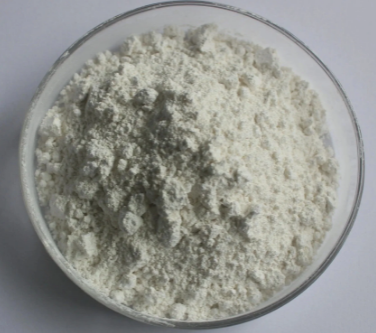N-Acetyl-L-tyrosine CAS:537-55-3
N-Acetyl-L-Tyrosine holds significant importance in peptide chemistry as a key component for the synthesis of peptides and peptidomimetics. As an acetylated L-tyrosine derivative, it serves as a versatile intermediate for introducing tyrosine residues into peptide chains through solid-phase and solution-phase peptide synthesis methods. Researchers and chemists utilize N-Acetyl-L-Tyrosine to customize peptide sequences with specific structural and functional properties, enabling the development of novel peptide-based compounds for biological and therapeutic applications. Furthermore, N-Acetyl-L-Tyrosine finds application in the production of pharmaceutical intermediates, where its chemical structure and stability contribute to the synthesis of bioactive compounds and pharmaceutical agents. Its versatility and reliability make it indispensable in the manufacturing of pharmaceutical products, enhancing the pharmacological properties and biological activity of the final drug candidates. Moreover, N-Acetyl-L-Tyrosine is employed in biochemical research to study amino acid metabolism, protein synthesis, and enzyme kinetics. Its role in investigating cellular pathways and metabolic processes contributes to elucidating the functions of amino acids in biological systems and their potential implications in health and disease. In summary, N-Acetyl-L-Tyrosine plays a crucial role in advancing scientific research, pharmaceutical development, and biochemical studies, providing scientists and professionals with a versatile tool to explore the diverse applications of amino acid derivatives in drug discovery, peptide synthesis, and biochemical investigations.



| Composition | C11H13NO4 |
| Assay | 99% |
| Appearance | white powder |
| CAS No. | 537-55-3 |
| Packing | Small and bulk |
| Shelf Life | 2 years |
| Storage | Store in cool and dry area |
| Certification | ISO. |









